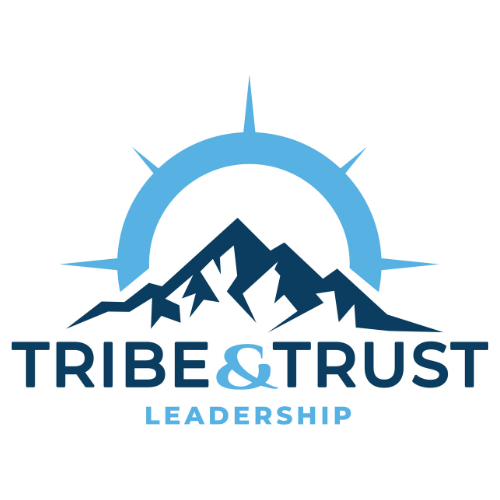Let’s Put the ‘I’ Back in Team
In today’s corporate world, individualism often takes precedence over collaboration. This “me-first” mindset can lead to a fragmented workplace where personal achievements overshadow team success. However, thriving organizations recognize that a cohesive team outperforms a collection of talented individuals working in isolation. It’s time we put the “I” back in team, not to highlight individualism, but to underscore the importance of integrating individual strengths into a unified force.
The Rise of Individualism
Over the past few decades, corporate culture has increasingly celebrated individual achievements. Awards for top performers, personal bonuses, and career advancement opportunities have created a competitive atmosphere. While competition can drive performance, it often comes at the cost of teamwork. Employees might focus more on personal goals than on the collective objectives of their teams.
The Power of Teamwork
Research consistently shows that teams outperform individuals when it comes to solving complex problems, fostering innovation, and achieving long-term success. Teams bring diverse perspectives, a range of skills, and a depth of experience that no single person can match. When individuals work together, they can tackle challenges more effectively and creatively.
Integrating Individual Strengths
Putting the “I” back in team means recognizing and leveraging each member’s unique strengths for the benefit of the whole. Here’s how organizations can achieve this:
1. Recognize Individual Contributions
Acknowledging individual efforts within the context of team achievements helps balance personal recognition with team success. Celebrate milestones that highlight how individual contributions have driven the team forward. This reinforces the idea that personal success and team success are interconnected.
2. Foster a Culture of Collaboration
Cultivating a culture where collaboration is valued over competition is essential. Encourage team-building activities and create opportunities for employees to work together on projects. Promote open communication and ensure that everyone’s voice is heard. This builds trust and fosters a sense of belonging.
3. Provide Leadership Development
Effective leadership is crucial for nurturing a team-centric environment. Leaders should be trained to recognize and develop the potential in each team member. Tribe&Trust’s Rising Leaders Development Course, for example, combines military leadership strategies with behavioral science to enhance leadership effectiveness. Such programs can help leaders build cohesive teams that capitalize on individual strengths.
4. Align Personal Goals with Team Objectives
Ensure that personal goals are aligned with team objectives. This alignment helps individuals see how their efforts contribute to the bigger picture. When employees understand the impact of their work on team success, they are more likely to prioritize team goals over personal achievements.
5. Encourage Mutual Accountability
Mutual accountability is a cornerstone of effective teamwork. Encourage team members to hold each other accountable for their contributions. This fosters a sense of responsibility and ensures that everyone is working towards common goals.
Benefits of a Team-Centric Approach
Focusing on the team rather than the individual has numerous benefits:
- Higher Profits: Teams that collaborate effectively are more productive and innovative, leading to better business outcomes.
- Engaged Employees: Employees who feel part of a team are more likely to be engaged and committed to their work.
- Reduced Turnover: A supportive team environment reduces turnover by creating a sense of belonging and job satisfaction.
- Predictable Results: Teams that work well together deliver more consistent and predictable results.
Conclusion
Putting the “I” back in team is about integrating individual strengths into a cohesive unit that works towards common goals. By recognizing individual contributions, fostering collaboration, providing leadership development, aligning personal goals with team objectives, and encouraging mutual accountability, organizations can create a thriving, team-centric culture. Emphasizing the human element in business not only enhances performance but also leads to a more engaged and satisfied workforce. It’s time to shift the focus from “me” to “we” and harness the power of teamwork for greater success.
